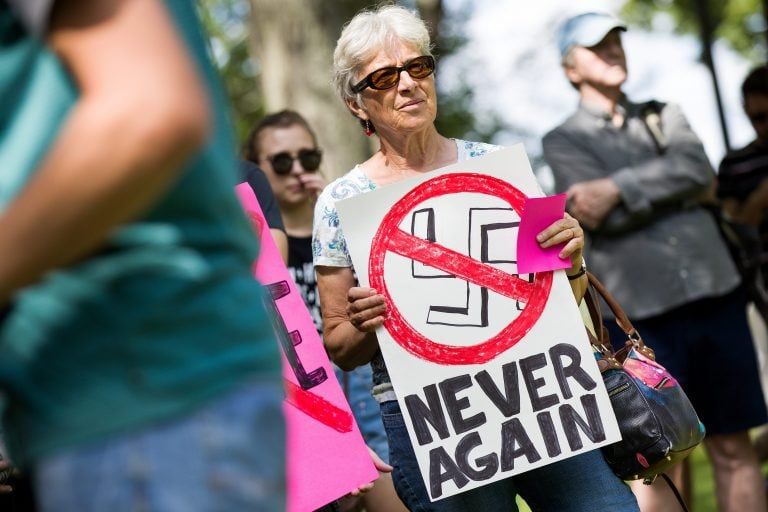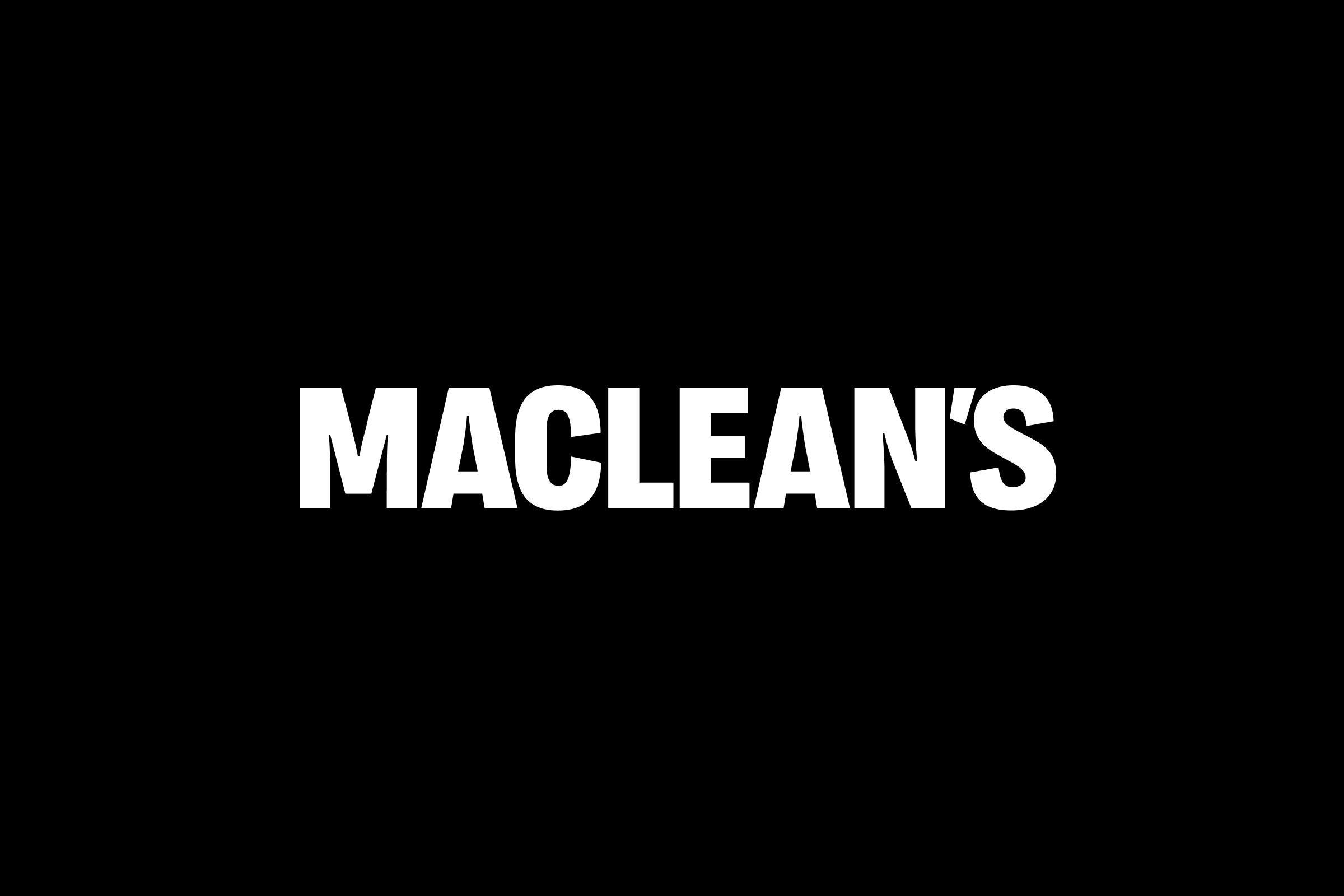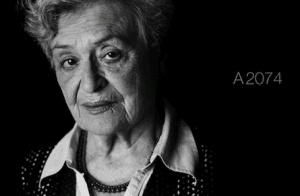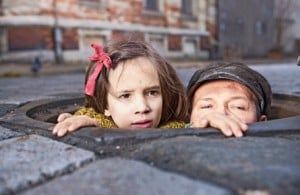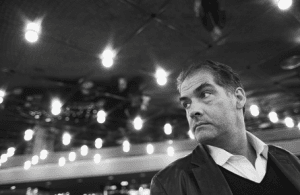Nazi
As Nazi symbols echo, remember who we fought on D-Day
War historian David J. Bercuson reflects on the personal sacrifices made by millions of Canadians in the fight against the Nazis and their ideology
A memoir-cum-mystery in Nazi France
Book review: Miranda Richmond Mouillot paints her characters with a complex and wondrous humanity the Holocaust aimed to erase
Hitler lived here
The controversy over what to do with the building where the Führer was born
A Serial Killer in Nazi Berlin
By Scott Andrew Selby
Reappropriating Holocaust tattoos: probably not a good idea
The Beth Tzedec Congregation’s 12th Annual Jewish Film Festival in Calgary aired an Israeli documentary yesterday about Holocaust survivors who were branded with number tattoos in the Nazi concentration camps. It’s called Numbered. (trailer below).
http://www.youtube.com/watch?v=XSqYqjVOu7k
Israeli Director Dana Doron, who is also a doctor, (she co-directed Numbered with her friend, a well-known Israeli photojournalist named Uriel Sinai), says she was inspired to make the film while working at a hospital in Northern Israel, when an elderly woman came into the ER one day complaining of chest pains. The chest pains turned out to be a ruse; the woman just wanted someone to talk to–someone to tell her story to. Doron noticed the numbers tattooed onto the woman’s arm. She was a Holocaust survivor.
The filmmakers interviewed about 50 survivors for their documentary about what their numbers mean to them: one man played his in the lottery, others chose to have theirs removed. But it’s the children and grandchildren of some of those survivors who have generated the most publicity for the film, because of their controversial decision to brand themselves with the same numbers gouged into the skin of their parents/grandparents. They’ve done so, they say, in remembrance of the tragedy their family members endured, and they believe that getting the tattoos themselves will in some way, honour that tragedy. And ensure that the next generation of Jews “never forgets.” Imitation, however, isn’t always a form of flattery…
In an interview on CBC’s The Current on Tuesday, Doron said that some of the film’s footage that didn’t make the final cut, captures a group of survivors’ horrified reactions when they see one of the tattoos etched fresh into the skin of a young man. It’s easy to see why they were horrified. The numbers were used to dehumanize the Jewish people, and their return, no matter how well-intentioned–is probably offensive to the majority of Holocaust survivors.
Tattoos are also strictly forbidden in Judaism. From the bible:
“You shall not make any cuttings in your flesh for the dead, nor tattoo any marks upon you: I am the LORD.”
Baruch S. Davidson, writing for chabad.org, argues that God forbids tattoos for three reasons:
1. It was common for pagan worshippers to tattoo themselves in honour of whatever particular deity they worshipped, and Jews weren’t and aren’t supposed to do anything that pagans do. “On many occasions the Torah forbids practices that emulate pagan customs,” he writes, “considering that following their traditions is the first step towards ascribing to their idolatrous beliefs.”
REVIEW: Soldaten: on fighting, killing, and dying
Book by Sönke Neitzel and Harald Welzer
In Darkness, our other Oscar nominee from the sewer
Canadians were the driving force behind Poland’s holocaust drama
Nazis invade from the dark side of the moon!
If you do just one thing today, it should be to watch the trailer for ‘Iron Sky’
Lars Von Trier, Nazi pornographer manqué
On Hitler: “I sympathize with him a bit”
Midnight in the garden of evil
Philip Kerr’s private eye Bernie Gunther walks the mean streets of Nazi Berlin
The Eichmann Trial
Book by Deborah Lipstadt
